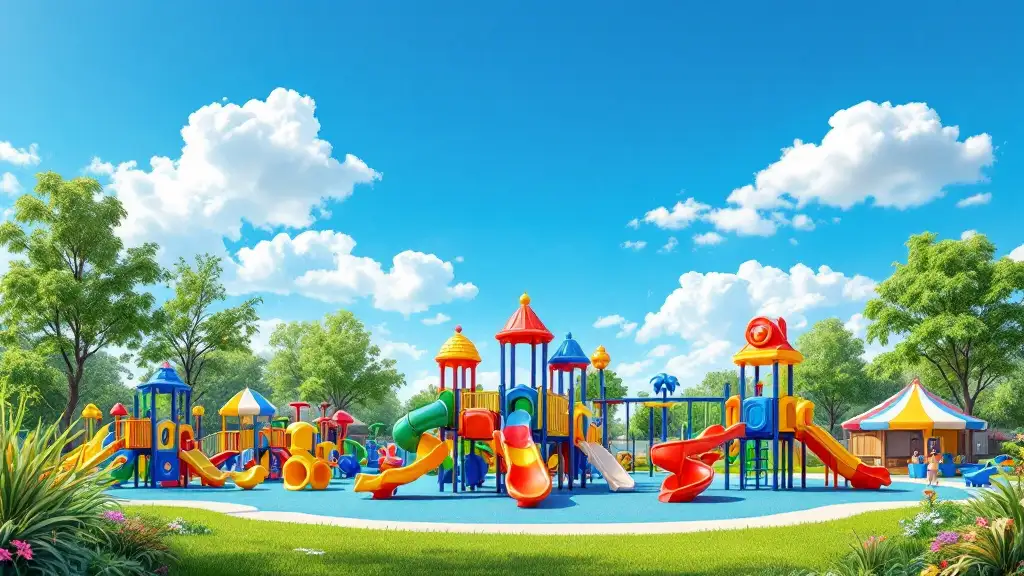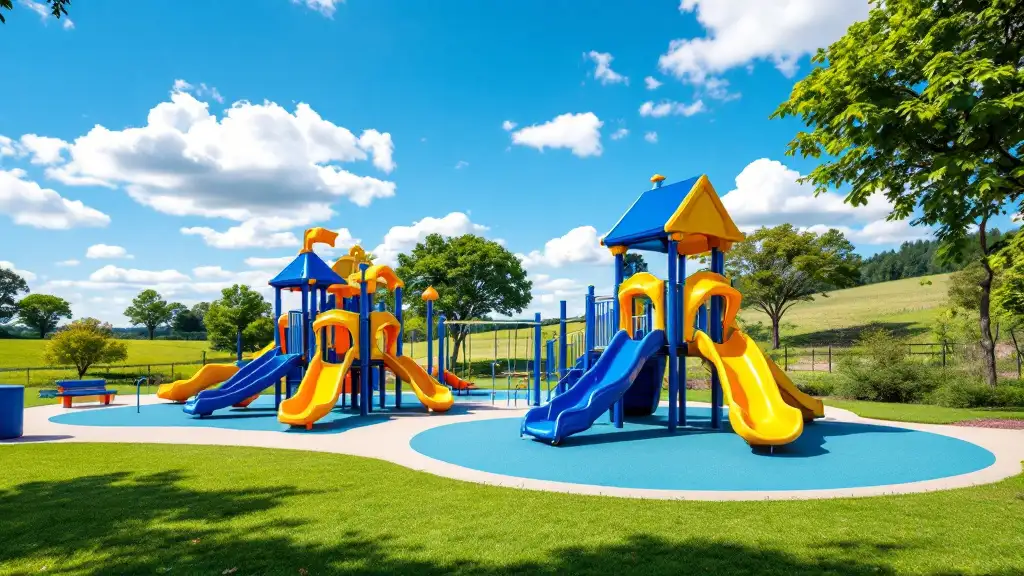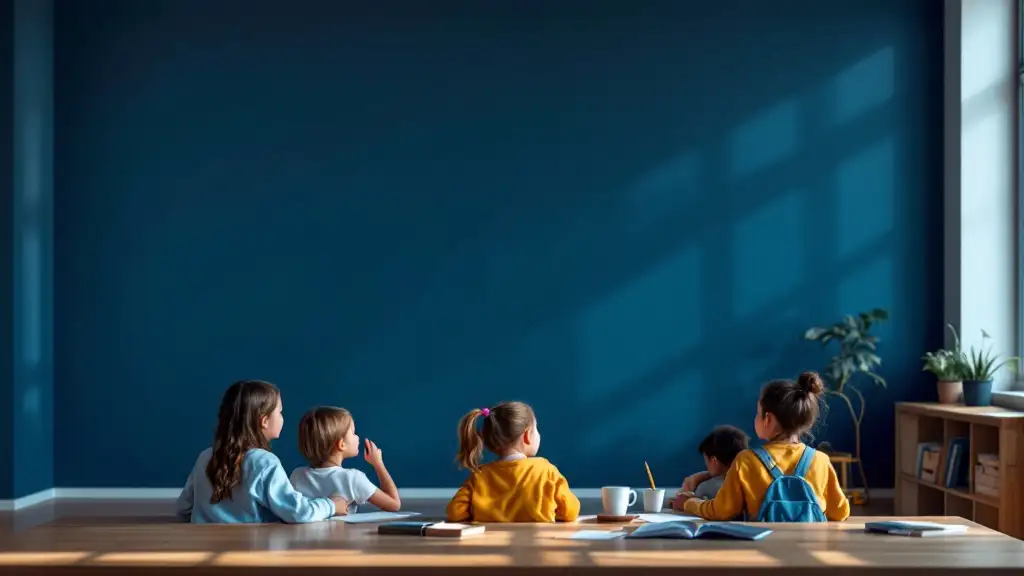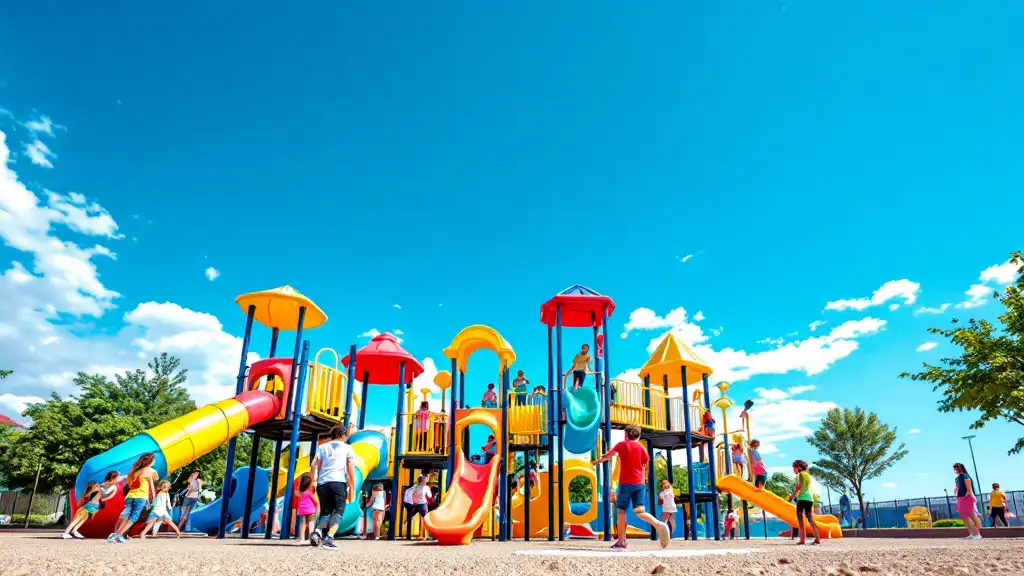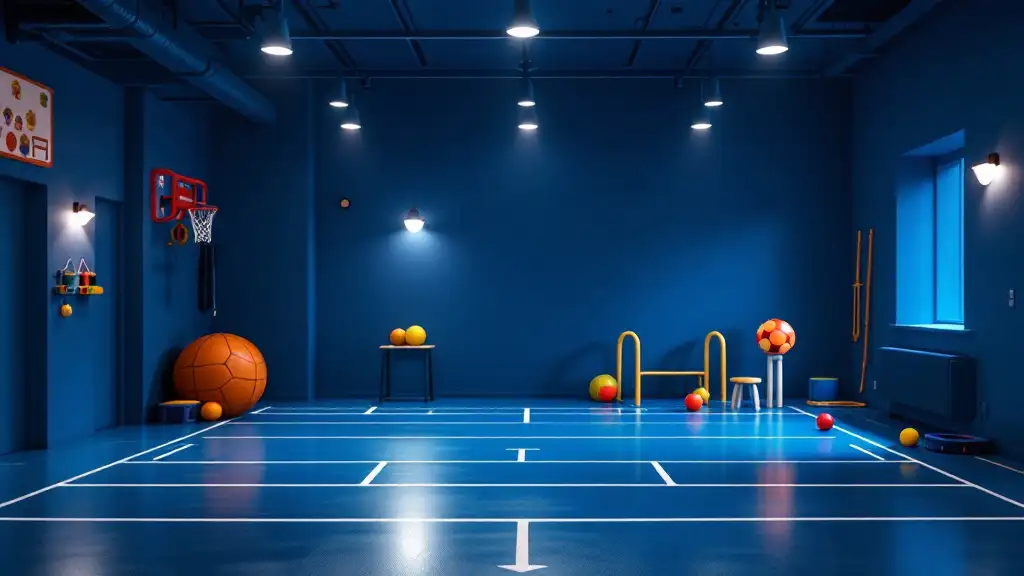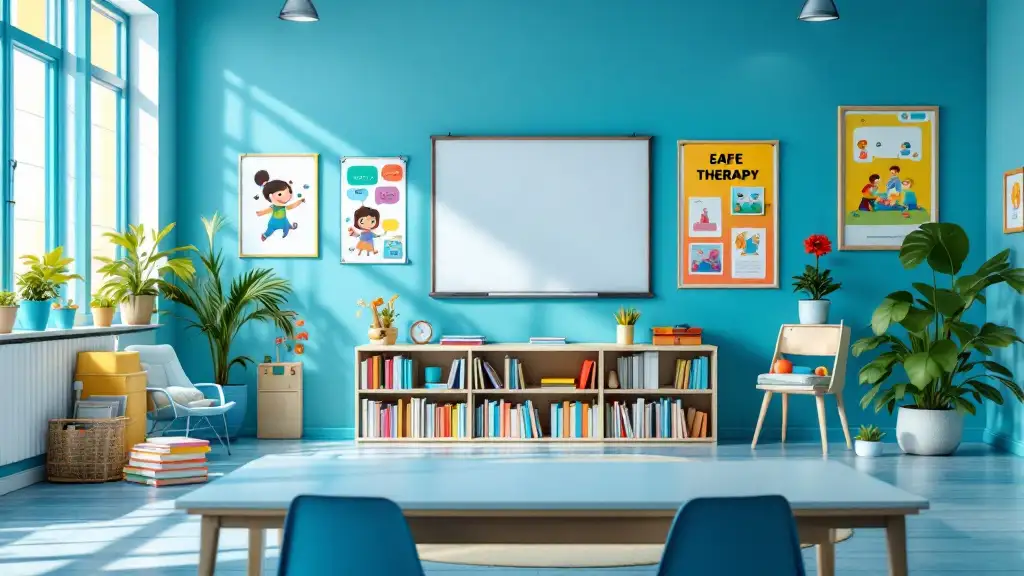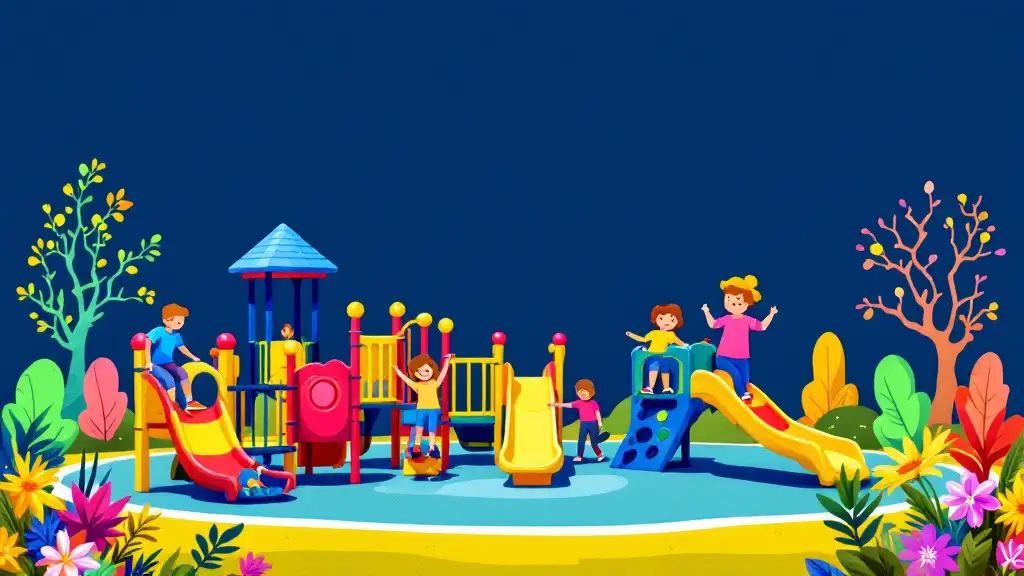
The Crucial Role of Support in Friendship Development for Teens with Disabilities
Friendships are fundamental to emotional well-being, social development, and personal growth, especially during adolescence. For teens with disabilities, such as developmental delays, autism spectrum disorder, learning disabilities, and ADHD, forming and maintaining friendships can be particularly challenging due to social skills deficits, societal barriers, and limited opportunities. Recognizing these challenges, Developmental Disabilities Services (DDD) and related programs play a vital role in providing tailored support, fostering inclusive environments, and equipping teens with the skills necessary for meaningful social connections. This article explores how various support systems, educational strategies, and community initiatives collectively contribute to nurturing friendships among teens with disabilities.
Understanding the Impact of Developmental Disabilities on Friendships
How does having a developmental disability impact a teen's ability to form friendships, and what can be done to support this process?
Having a developmental disability can pose significant challenges for teenagers in developing and maintaining friendships. Conditions such as autism spectrum disorder (ASD), attention deficit hyperactivity disorder (ADHD), and other learning disabilities often affect social skills, including understanding social cues, managing emotions, and communicating effectively.
Many teens with disabilities may feel isolated or rejected because their social interactions do not align with those of their peers. This can lead to feelings of loneliness, low self-esteem, and frustration, which can make forming new friendships even more difficult.
To support these teens, a variety of strategies can be employed. Social skills training and social stories are valuable tools that help teach essential interpersonal skills. These programs, often facilitated by therapists or trained professionals, focus on teaching turn-taking, empathy, conflict resolution, and understanding social cues.
Participating in social skills groups or therapy sessions offers structured environments for teens to practice and improve their interaction abilities. Inclusive school settings that promote peer understanding and acceptance are crucial.
Community activities such as peer mentoring programs and interest-based groups provide further opportunities for meaningful social engagement. For example, joining clubs or participating in programs like Special Olympics helps teens with disabilities build friendships around shared interests.
Online platforms, with appropriate supervision, can serve as additional avenues for social interaction. Supervised online communities allow teens to connect with others in a supported environment, helping to overcome barriers such as transportation or social anxiety.
Families, educators, and community organizations all play vital roles in fostering inclusive, supportive settings that promote positive social experiences for teens with disabilities. Encouraging open conversations about friendship, modeling respectful behavior, and creating opportunities for social practice are key components of supporting friendship development.
Ultimately, understanding the barriers and actively working to remove them through inclusive practices, targeted interventions, and community involvement can help teens with developmental disabilities develop fulfilling and lasting friendships, enhancing their social well-being and quality of life.
Educational Strategies for Fostering Social Skills and Friendships
What are some educational tips and ideas to help teens with disabilities develop and maintain social connections?
Supporting adolescents with disabilities in forming and sustaining social relationships requires a deliberate, structured approach that emphasizes skill development and real-world application. One effective method involves structured social skills training, which provides teens with clear instructions, practice opportunities, and feedback to improve behaviors essential for friendship-building.
Role-playing exercises are particularly beneficial. Through simulated social scenarios, teens can rehearse conversations, learn appropriate responses, and build confidence in approaching peers. Visual aids, such as social stories and cue cards, serve as valuable supports that visually outline expected behaviors and social norms, making abstract concepts tangible. For example, social stories explain how to greet someone, share interests, and resolve disagreements in age-appropriate language.
Incorporating inclusive activities is critical. Community engagement through organized programs like sports clubs, arts initiatives, and interest groups offers natural opportunities for teens to interact beyond the classroom. Peer mentorship programs foster meaningful relationships by pairing teens with successful peers who model positive social behaviors, inspire self-esteem, and promote mutual understanding.
Explicit instruction in communication skills enhances social competence. Teaching teens about turn-taking, listening, expressing empathy, and managing personal space equips them with practical skills for daily interactions. Support from families and caregivers ensures consistency across environments, reinforcing learned behaviors and providing emotional backing.
Using positive reinforcement strategies encourages continued efforts and celebrates successes in social interactions. Rewards such as praise, tokens, or privileges motivate teens to practice new skills and build confidence.
Combining these structured interventions with genuine opportunities for natural socialization creates a comprehensive framework. Events like community festivals, volunteer activities, and informal gatherings allow teens to apply what they learn in comfortable, real-world settings.
Overall, these educational strategies, thoughtfully integrated, help teens with disabilities develop meaningful connections, enhance their social confidence, and enjoy the benefits of genuine friendships. The collaborative efforts of educators, families, community organizations, and the teens themselves are essential to fostering an environment conducive to social growth and inclusion.
Family and Community Support in Building Friendships

How can families and caregivers support teens with learning disabilities in developing social skills and friendships?
Supporting teens with learning disabilities in building social skills and forming friendships involves multiple strategies that foster social inclusion and emotional well-being. Families and caregivers play a vital role in teaching social norms, facilitating social opportunities, and offering emotional support.
One effective approach is using clear, understandable communication tailored to the teen's developmental level. Social stories, which describe typical social situations and appropriate responses, can help teens learn cues for turn-taking, sharing, and interpreting body language. Direct social skills training with professionals such as speech therapists or counselors further enhances their ability to navigate social interactions.
Encouraging participation in specialized programs like social skills groups, therapy sessions, community sports, or interest-based events provides safe environments for practicing interpersonal skills. These activities promote interaction with peers in a structured and supportive setting, increasing chances for meaningful friendships.
Maintaining open communication with teachers, school staff, and peers is crucial. Parents can advocate for inclusive classroom activities and connect with teachers to monitor social development. Inviting friends for home visits, organizing playdates, or participating in community events like clubs or festivals can bridge social gaps.
Supporting online interactions, under supervision, also offers additional avenues for friendships, especially for teens who might find in-person interactions challenging. Encouraging respectful online communication and monitoring activity helps build digital social skills.
Promoting inclusive behaviors at home includes involving siblings and friends in social activities to model kindness, patience, and respect. Highlighting shared interests—such as arts, sports, or hobbies—can spark friendships based on mutual enjoyment.
Lastly, positive reinforcement and ongoing encouragement from family members foster confidence. Celebrating social successes, no matter how small, encourages teens to continue practicing social skills. Teaching emotional regulation—helping teens manage stress or frustration—supports healthier social interactions.
In sum, families and caregivers can significantly impact social skill development and friendship formation by providing respectful guidance, facilitating diverse social experiences, and advocating for inclusive environments. These efforts lay the groundwork for lifelong supportive relationships and community participation.
Peer Mentoring and Social Inclusion Initiatives as Catalysts for Friendships

How do peer mentoring and social inclusion initiatives promote friendship development for teens with disabilities?
Peer mentoring programs and social inclusion initiatives play a vital role in helping teens with disabilities forge meaningful friendships. These programs offer structured opportunities for young people to engage with peers in settings that celebrate diversity and promote understanding. By pairing teens with mentors or peers who are either also disabled or able-bodied, these initiatives facilitate natural interactions, communication, and shared experiences.
Mentors serve as role models, providing emotional support, guidance, and encouragement. Their presence can boost confidence and help teens navigate social situations more comfortably. Activities such as participating in shared projects, joint participation in inclusive events, or having one-on-one social outings create a safe environment for teens to develop trust and rapport.
Over time, these interactions foster mutual respect and empathy, essential ingredients for lasting friendships. Breaking down societal barriers, reducing stigma, and promoting inclusive attitudes further support this process.
Overall, peer mentoring and social inclusion programs not only teach social skills but also cultivate a sense of belonging. They help teens with disabilities feel seen, valued, and connected, which is crucial for their personal growth and integration into the broader community.
Support Systems and Interventions Enhancing Social Relationships

What support systems and interventions enhance social relationships among adolescents with developmental disabilities?
Supporting teenagers with developmental disabilities in building and maintaining friendships involves a variety of structured interventions and community programs. Social skills groups and counseling sessions led by professionals like therapists or counselors are vital in teaching essential social competencies.
These programs focus on helping young people understand social cues, manage emotions, and develop empathy. For example, social skills groups often include role-playing activities, social stories, and structured practice to reinforce desirable behaviors like turn-taking, sharing, and resolving conflicts.
In addition to individual and group therapy, organized community activities such as the Special Olympics and local interest groups provide practical settings where adolescents can apply their social skills. These activities foster a sense of belonging and provide natural opportunities for making friends.
Peer mentoring programs are another crucial component. They facilitate social interaction between youth with disabilities and their peers without disabilities, promoting mutual understanding and respect. These programs can nurture long-term friendships while encouraging positive attitudes among all participants.
Structured extracurricular activities—such as clubs, sports, or arts programs—also serve as platforms where adolescents can practice social skills in a relaxed and supportive environment.
Ongoing professional support plays a vital role in ensuring that young people continue to develop their friendship skills. Regular therapy sessions and participation in community groups help maintain and reinforce social competencies, leading to healthier and more sustained social relationships.
How do community programs like Special Olympics support social skill development?
Special Olympics and similar community-based programs are more than just sports activities. They are inclusive environments that emphasize teamwork, cooperation, and shared goals.
Participation in such programs provides adolescents with opportunities to develop confidence, leadership, and communication skills. They also learn how to handle wins and losses gracefully, which is crucial for social interactions.
Furthermore, these programs often include social events, group celebrations, and community involvement, all designed to promote social integration and friendship building.
How can supportive interventions improve the quality and longevity of friendships?
Consistent support from family, educators, and community organizations helps adolescents with disabilities build positive social habits. Teaching children about the importance of kindness, respect, and honesty lays a strong foundation for lasting friendships.
Tools like social stories, visual aids, and social scripts can help them navigate complex social situations. Practice through role play or simulated social scenarios improves confidence and competence.
Proactive involvement—such as arranging playdates, encouraging participation in community activities, and fostering communication between peers—enhances their social experience.
Support networks also assist in addressing societal barriers, such as stigma or lack of accessible venues, making social interactions more feasible and enjoyable.
In summary, the integration of professional interventions, community programs, and ongoing support is essential for nurturing strong, meaningful social relationships among adolescents with developmental disabilities. These efforts not only enrich their social lives but also contribute significantly to their overall well-being and development.
Creating an Inclusive Culture: Strategies for Promoting Friendship and Social Acceptance

How can inclusion be promoted through awareness campaigns, diversity promotion, and positive messaging?
Fostering an inclusive environment starts with raising awareness about the value of diversity and promoting positive narratives around disability. Campaigns that showcase successful individuals with disabilities, highlight their strengths, and dispel stereotypes can change societal attitudes. Using media, social platforms, and school-based programs to share stories and encourage acceptance helps embed inclusivity into everyday life.
Educational initiatives involving community speakers, artistic projects, and student-led diversity days further reinforce understanding and respect. These efforts promote the idea that disabilities are just one aspect of a person’s identity, encouraging friendships based on mutual interests and respect.
Why is it important to remove physical and attitudinal barriers?
Removing obstacles—both physical and societal—is essential to allow children and youth with disabilities to participate fully in social activities. Physical barriers, like inaccessible venues and transportation issues, can hinder participation in community events, sports, and outings.
Attitudinal barriers, such as negative stereotypes, misconceptions, or low expectations, can prevent friends from forming and maintaining relationships. Addressing these requires education, awareness, and policy changes aimed at fostering positive attitudes. Creating accessible environments and promoting inclusive practices ensures that everyone can join in social events comfortably and confidently.
What role do school-based and extracurricular activities play in fostering interaction and understanding?
Participation in school clubs, sports, arts, and specialized programs like Special Olympics offers vital opportunities for children with disabilities to interact with their peers. These settings provide natural environments for practicing social skills, sharing interests, and building friendships.
Programs designed to include all students—such as buddy systems or inclusive sports teams—encourage cooperation and mutual understanding. Extracurricular activities help break down social barriers, promote teamwork, and develop empathy among participants.
Support systems and structured interventions further enhance these interactions. For instance, social skills groups and counseling services offer targeted support, helping youth navigate social norms, manage emotions, and develop confidence in social settings. The combination of inclusive activities and appropriate interventions creates a nurturing environment where meaningful friendships can flourish.
Support systems and interventions for improving adolescent friendships
Support systems such as social skills groups, counseling, and structured social activities significantly enhance relationship-building among adolescents with developmental disabilities. These programs focus on teaching essential skills like turn-taking, empathy, managing personal space, and understanding social cues.
Participation in social stories, role-playing, and group therapy allows youth to practice and refine their social abilities in a safe setting. Peer mentoring programs further support this process, offering opportunities for meaningful interactions with peers both with and without disabilities.
Ultimately, these interventions help develop confidence, social competence, and genuine friendships, which are critical for personal development and community integration.
| Strategy | Purpose | Example Activities | Additional Benefits |
|---|---|---|---|
| Awareness campaigns | Change societal attitudes | Media stories, art contests, school presentations | Reduce stigma, promote understanding |
| Removing barriers | Facilitate participation | Accessibility improvements, policy reforms | Increase social inclusion |
| Inclusive activities | Encourage interaction and shared interests | School clubs, sports teams, community outings | Foster friendships, teach shared skills |
| Support interventions | Build social skills and confidence | Social stories, peer mentoring, therapy sessions | Enhance social competence, emotional well-being |
Understanding and implementing these strategies helps create a community where all individuals, regardless of ability, can develop meaningful friendships and enjoy a sense of belonging and inclusion.
Fostering Friendship as a Foundation for a More Inclusive Society
Creating opportunities for teens with disabilities to develop and sustain friendships is essential for their well-being, confidence, and integration into society. Support programs like peer mentoring, social skills training, inclusive activities, and family involvement are critical components of this process. When communities and educational institutions embrace inclusivity, challenge societal barriers, and promote awareness, they help cultivate an environment where all teens can experience the joy, support, and growth that come from genuine friendships. As society continues to evolve, ensuring that teens with disabilities have the resources and opportunities to connect with others remains a shared responsibility—one that fosters empathy, acceptance, and a richer, more diverse social fabric.
References
- Friendships and Social Skills for Children With Disabilities and ...
- Supporting Youth with Disabilities | Building friendships - TASCC
- Understanding friendships and promoting friendship development ...
- Helping Your Child With Special Needs Develop Meaningful ...
- Friendships & Social Relationships
- How Students with Developmental Disabilities and ... - AbilityPath
- The importance of friendship for people with disability - Northcott
- 3 Steps to Support Children with I/DD to Have Healthy Relationships
- The Impact of Learning and Developmental Disabilities on Social ...



